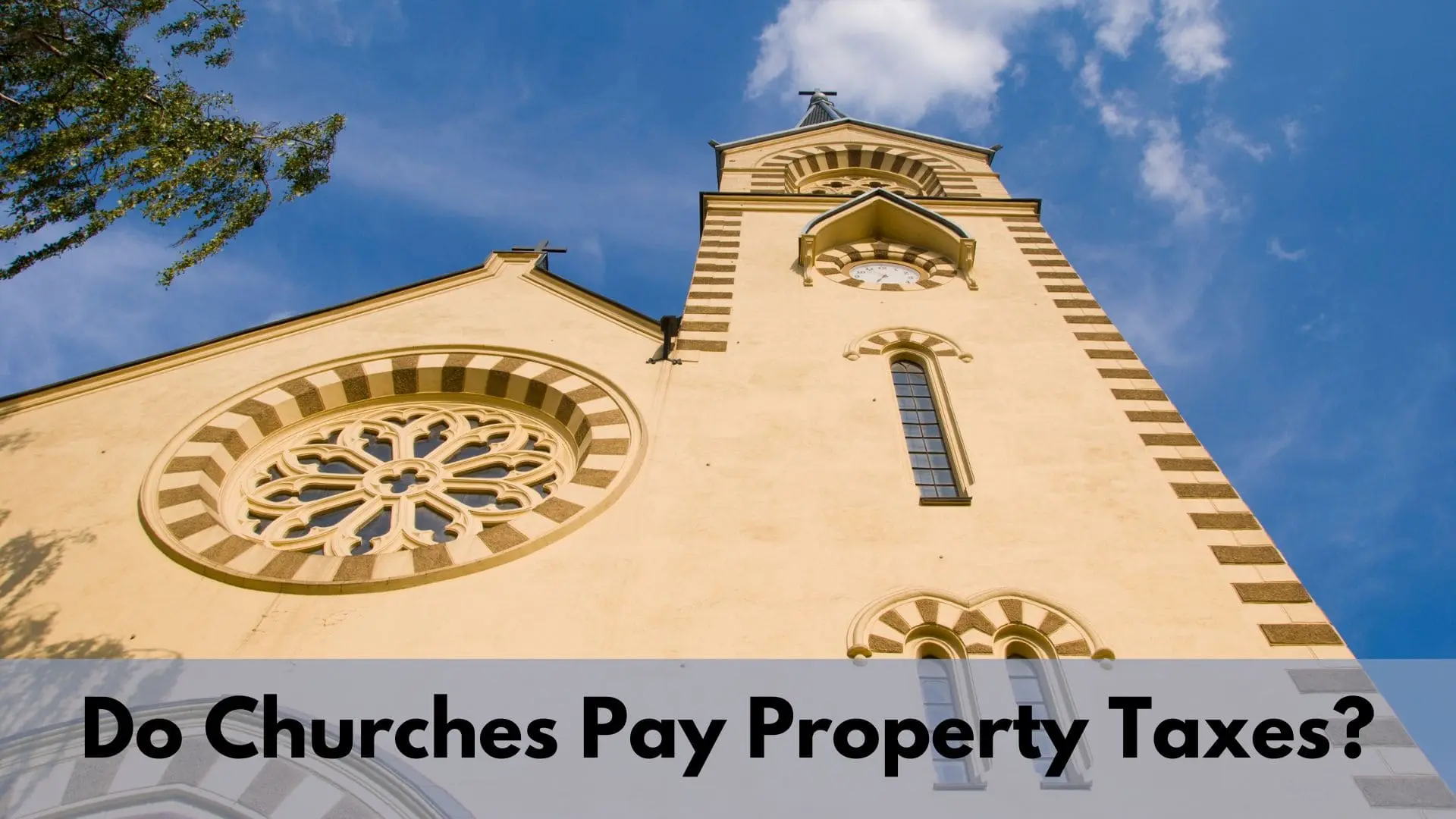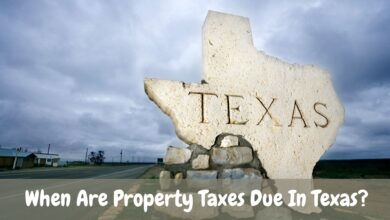
Property taxes are a significant source of revenue for local governments, funding essential public services like education, infrastructure, and law enforcement. However, some organizations, including churches and religious institutions, are exempt from paying property taxes.
This exemption is based on the principle of separating church and state, as well as recognizing the valuable contributions religious organizations make to their communities.
In this article, we will explore the property tax exemption for churches and religious organizations, including the general rule, exceptions, and limitations.
The General Rule: Exemption From Property Taxes
In the United States, churches and other religious organizations are generally exempt from paying property taxes on their buildings and land used for religious purposes. This exemption is granted under Section 501(c)(3) of the Internal Revenue Code, which recognizes the importance of religious freedom and the separation of church and state.
The exemption applies to federal, state, and local taxes, including property taxes. This means that churches do not have to pay property taxes on their buildings, land, and other assets used for religious purposes, such as worship services, religious education, and community programs.
Exceptions And Limitations: When Churches May Pay Property Taxes?
While churches are generally exempt from property taxes, there are some exceptions and limitations. For example, if a church rents out a portion of its building or land for unrelated business purposes, such as office space or parking, it may be subject to property taxes on that portion.
Some states may have specific requirements or limitations on the property tax exemption for religious organizations. For instance, some states may require churches to file an annual exemption application or pay a small fee to maintain their exempt status.
Furthermore, if a church engages in unrelated business activities, such as selling products or services, it may be subject to property taxes on the income earned from those activities.
Do Churches Pay Capital Gains Tax?
Churches, like other non-profit organizations, are generally exempt from paying capital gains tax. This exemption applies to the sale of assets used for religious purposes.
However, if a church sells an asset that was not used for religious purposes, it may be subject to tax. This tax applies to assets like rental properties that were not used for religious purposes.
Some countries have specific rules and regulations regarding capital gains tax and churches. It’s best to consult with a tax professional or financial advisor for specific guidance.
Do Churches Pay Taxes On Rental Income?
Rental income earned by churches is generally taxable, but there are some exceptions. If a church rents out a portion of its building or land, the rental income may be exempt from taxes. The exemption applies to rentals for religious purposes, such as a religious education program or a community outreach program.
However, if the church rents out a portion of its building or land for unrelated business purposes, such as office space or parking, the rental income is subject to taxes.
Churches may also be required to file a tax return and report the rental income, even if it is exempt from taxes.
Do Churches Pay Taxes On Tithes?
Church members can deduct their tithes as tax-deductible contributions. Congregations receive tax-exempt status, so they are not required to pay taxes on tithes or other donations.
However, churches may be required to report the donations to the tax authorities and provide receipts to donors for their tax-deductible contributions.
Do Churches Pay Taxes On Donations?
Donations to churches, including cash, property, and other assets, are generally tax-deductible for the donor.
Churches do not pay taxes on donations because they are tax-exempt organizations. Congregations may be required to report the donations to the tax authorities. They must also provide receipts to donors for their tax-deductible contributions.
Some donations, such as those made for specific purposes or projects, may be subject to specific rules. These rules and regulations govern tax deductibility.
FAQs
Do churches pay property tax in the US?
In the United States, churches are generally exempt from paying property taxes on their places of worship and associated properties.
Do Canadian churches pay property taxes?
Canadian churches are generally exempt from paying property taxes, with some exceptions for properties used for non-religious purposes.
Do churches pay property taxes in NY?
In New York, churches are exempt from paying property taxes on their places of worship and associated properties.
Are charities exempt from local property tax?
In the United States, charities are generally exempt from paying local property taxes on their places of operation and associated properties.
Conclusion
In conclusion, churches and religious organizations are generally exempt from paying property taxes on their buildings and land used for religious purposes.
This exemption is based on the principle of separating church and state. It also recognizes the valuable contributions religious organizations make to their communities.
However, there are exceptions and limitations to this exemption, and churches may be subject to property taxes in certain circumstances.
Understanding the property tax exemption for Congregations and religious organizations is essential for ensuring their continued contribution to our society.



